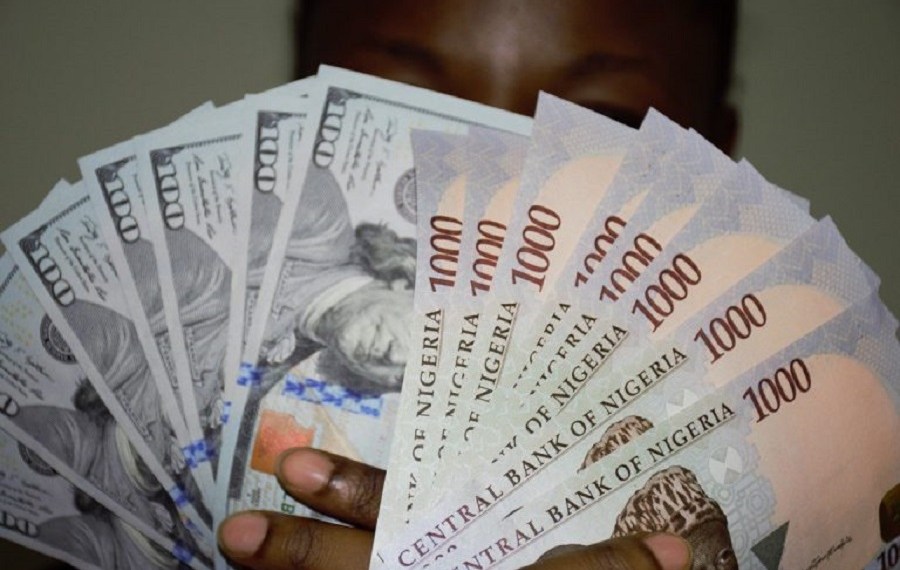
Aboki Naira To Dollar Black Market Rate Today 23rd November 2024
The Nigerian Naira has experienced a marginal adjustment in the parallel market rates against the US Dollar today, reflecting ongoing economic dynamics within the country.
According to reports from traders at major black market hubs like Lagos and Abuja, on November 23, 2024, the exchange rate for buying a US Dollar in the informal market stands at around ₦1,742.51, while the selling rate is approximately ₦1,755. This shows a minor increase in the spread between buying and selling rates observed over the last few days.
Trending Now!!:
This slight shift comes amid broader economic discussions regarding Nigeria’s currency stability. The Central Bank of Nigeria’s (CBN) official exchange rate, for comparison, remains at ₦1,688.784 to the Dollar, highlighting the significant gap between the official and black market rates.
Economic analysts attribute these fluctuations to several factors:
- Supply and Demand Dynamics: The black market often reacts swiftly to changes in the supply of foreign currency, driven by remittances, export earnings, and speculative investments.
- Economic Policies: Recent policy decisions, including the CBN’s efforts to stabilize the Naira through various financial mechanisms, have mixed effects on the parallel market. Traders and citizens often look to hedge against potential currency devaluation, leading to increased activity.
- Global Economic Influences: The strength of the US Dollar globally, influenced by international economic policies, trade relations, and geopolitical stability, also plays a role in determining local black market rates.
- Local Economic Conditions: High inflation rates, currently speculated to be over 300% by some observers, continue to erode the Naira’s purchasing power, pushing more transactions towards the dollar and thus affecting the parallel market rate.
The black market, or ‘Aboki’ market as it is colloquially known, remains a vital part of Nigeria’s economy. Many Nigerians turn to it for currency exchange due to the perceived inefficiencies or restrictions of the official market. The rates here influence daily transactions and reflect public sentiment toward the national currency’s strength.
Market observers are keeping a close watch on these rates, as they often provide insights into the real economic pressures faced by the average Nigerian beyond what official statistics might suggest. In response, the government has been under pressure to implement policies that could narrow the gap between the official and black market rates, thereby reducing the economic distortion caused by dual exchange rate systems.


